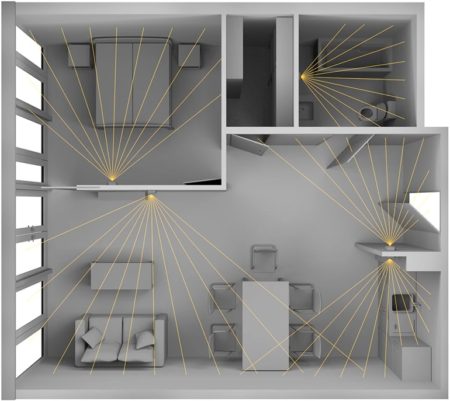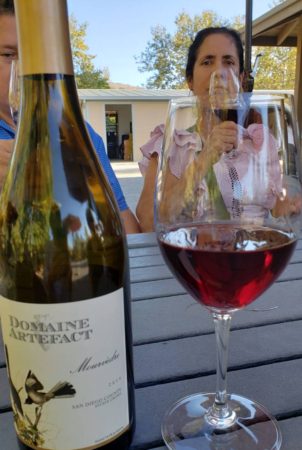Six article excerpts this month—risk of suicide among lonely elders, risk of dementia among those who don’t drink alcohol (yes, you read that right), non-invasive monitoring with motion sensors, hacking loneliness from heartbreak, billions in unused benefits, and brain fog (hint: it’s not necessarily dementia).
Loneliness is a Suicide Risk Factor for Older Adults
Isolated and disconnected, more older adults are dying by suicide. Causes include loss of a partner or living far from family or friends. Few seek mental health care. Access, stigma, and affordability are some of the barriers to care, says social worker Katherine Suberlak, who shares warning signs and how loved ones can help.
Motion Sensors to Detect Age-Related Disease
 [TCV Update 3/25/2024: URL no longer connects to MedGadget website] As we grow older, many of us may not receive the care we need to safely live independently. A team of researchers from Switzerland designed a motion-sensing system for use at home or in healthcare facilities. A series of sensors monitor motion. If there is no motion for a long time it may suggest a fall. The researchers also view potential for these sensors to detect other health issues, including sleep problems, cardiac arrhythmias, worsening of COVID infection, or cognitive impairment.
[TCV Update 3/25/2024: URL no longer connects to MedGadget website] As we grow older, many of us may not receive the care we need to safely live independently. A team of researchers from Switzerland designed a motion-sensing system for use at home or in healthcare facilities. A series of sensors monitor motion. If there is no motion for a long time it may suggest a fall. The researchers also view potential for these sensors to detect other health issues, including sleep problems, cardiac arrhythmias, worsening of COVID infection, or cognitive impairment.
While Inflation Takes a Toll on Seniors, Billions of Dollars in Benefits Go Unused
Millions of elders struggle to pay for living expenses; especially, during these inflationary times. Yet, billions of dollars in benefits are not used every year. Older adults “don’t know about them, find applications too difficult to complete, or feel conflicted about asking for help,” said Josh Hodges, chief customer officer at the National Council on Aging, an advocacy group for older Americans that runs the National Center for Benefits Outreach and Enrollment.
Thank you to the American Society on Aging’s Generations SmartBrief for the two preceding articles.

Increased Risk for Dementia for People Who Abstain from Alcohol
WHAT? I had to read that title twice. It enticed me to read. The irony of the source of publication did not escape me: In a recent Addiction journal, researchers perform an in-depth analysis of the alcohol-dementia relationship and determined that the risk of dementia was greater among those who did not drink alcohol over those who drank moderately.
An Antidote to Heartbreak? Science Reveals How to Hack Loneliness
Heartbreak can spark a firestorm of brain activity similar to physical pain; plus, greater stress and inflammation after relationships end. Broken-heart syndrome and the associated feelings of rejection and loneliness can contribute to heart disease, diabetes, Alzheimer’s, and even hasten death if not dealt with. Consider heartbreak as an opportunity to open up and connect with others and nature. Author, Florence Williams offers three science-based strategies.
Shining a Light on Brain Fog
Brain fog is not dementia. If you’re too tired to think, can’t concentrate, don’t remember what you did yesterday, bump into things, consider seeing a doctor. Fears of about memory loss or health create stress, which can accelerate dementia-like symptoms. Other underlying causes may lead to brain fog, such as poor sleep, some medications, and health conditions.








